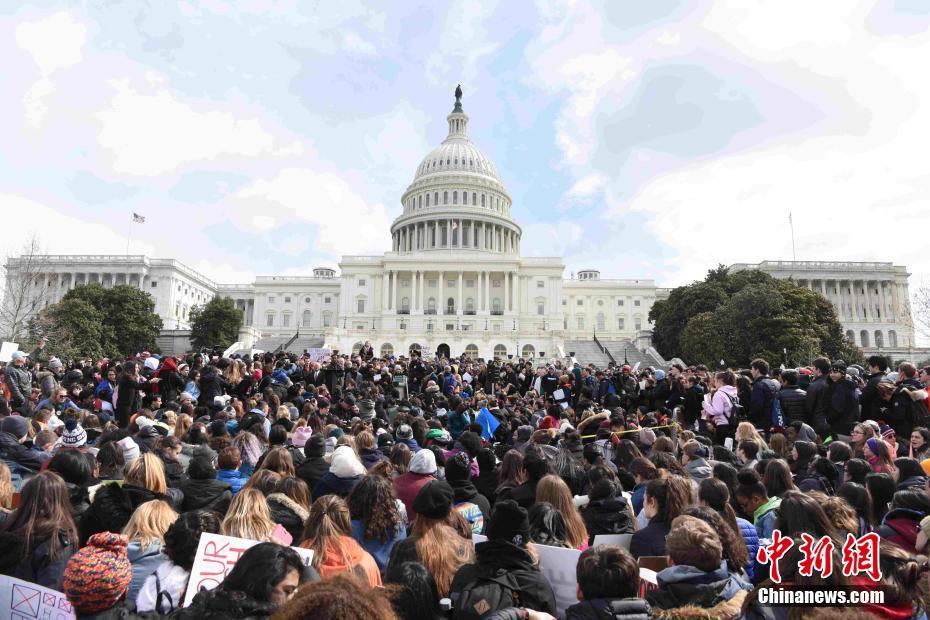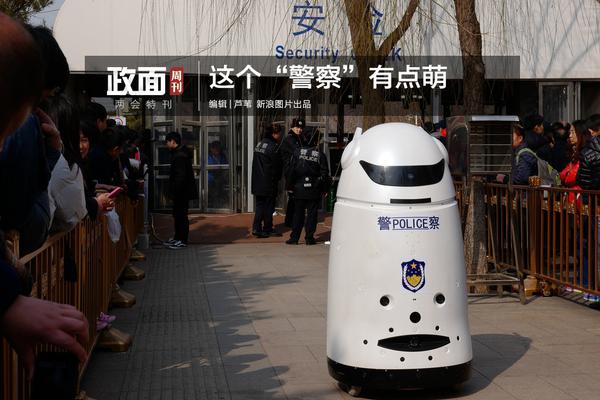
Short-term memory, long-term memory. Cognitive psychology regards memory as the process of coding, storing and extracting input information by the human brain. Memory is divided into three systems: instantaneous memory, short-term memory and long-term memory, which is based on the different ways of encoding, storing and extracting information, as well as the different length of information storage time.
What are the three memory systems: memory is also regarded as the process of the human brain encoding, storing and extracting input information, and according to the different ways of coding, storing and extracting information, as well as the different length of information storage time, memory is divided into instantaneous memory, short-term memory and long-term memory. A system.
What are the three memory systems? According to the different ways of encoding, storing and extracting information, and the different length of information storage time, memory is divided into three systems: instantaneous memory, short-term memory and long-term memory.
The three stages of memory are sensory memory, short-term memory and long-term memory. Sensory memory: Sensory memory refers to the information we receive through various sensory organs, such as vision, hearing, touch, taste and smell.
What are the three memory systems? According to the different ways of coding, storage and extraction of information, and the different length of information storage time, memory is divided into instantaneous memory, short-term memory and long-term memory. Remember the three systems.
The coding method of instantaneous memory, that is, the way instantaneous memory remembers information, is the image of external stimuli. Because the information of instantaneous memory is first registered in the sensory channel in the form of sensory images, instantaneous memory has a distinct image. The capacity of instantaneous memory is large, but the retention time is very short.
Perception is the cognitive process of giving meaning through information. ( 2) Working memory. It is the memory of processing and encoding information in the human brain within a minute. The holding time is about 5 seconds to 1 minute. Short-term memory also includes direct memory and working memory.

Weber's score), which is only applicable to medium-intensity stimuli, which is different from the Weber's score of sensory organs (2) Fechner's Law: 1860, using the differential threshold as the unit of sensation, a stimulus was measured. The difference threshold contained is believed to be the psychological intensity caused by this stimulus.
The concept of memory is the psychological process of accumulating, preserving and extracting individual experience in the mind.From storing into the brain to extracting and applying again, this complete process is collectively called memory.
Long-term memory refers to the memory maintained for more than a minute after external stimuli appear in a very short time. Features: The capacity of memory is unlimited, whether it is the type or quantity of information. Coding Semantic coding: Use words to process information and organize coding according to the meaning of the material.
Memory and memory process Definition: It is the reaction of past experience in the mind. Past experience refers to the perception of things, thinking about problems, the emotional experience caused by things, and the actions that have been carried out in the past. Function: It is the root of wisdom and the cornerstone of psychological development.
OKX Wallet APK-APP, download it now, new users will receive a novice gift pack.
Short-term memory, long-term memory. Cognitive psychology regards memory as the process of coding, storing and extracting input information by the human brain. Memory is divided into three systems: instantaneous memory, short-term memory and long-term memory, which is based on the different ways of encoding, storing and extracting information, as well as the different length of information storage time.
What are the three memory systems: memory is also regarded as the process of the human brain encoding, storing and extracting input information, and according to the different ways of coding, storing and extracting information, as well as the different length of information storage time, memory is divided into instantaneous memory, short-term memory and long-term memory. A system.
What are the three memory systems? According to the different ways of encoding, storing and extracting information, and the different length of information storage time, memory is divided into three systems: instantaneous memory, short-term memory and long-term memory.
The three stages of memory are sensory memory, short-term memory and long-term memory. Sensory memory: Sensory memory refers to the information we receive through various sensory organs, such as vision, hearing, touch, taste and smell.
What are the three memory systems? According to the different ways of coding, storage and extraction of information, and the different length of information storage time, memory is divided into instantaneous memory, short-term memory and long-term memory. Remember the three systems.
The coding method of instantaneous memory, that is, the way instantaneous memory remembers information, is the image of external stimuli. Because the information of instantaneous memory is first registered in the sensory channel in the form of sensory images, instantaneous memory has a distinct image. The capacity of instantaneous memory is large, but the retention time is very short.
Perception is the cognitive process of giving meaning through information. ( 2) Working memory. It is the memory of processing and encoding information in the human brain within a minute. The holding time is about 5 seconds to 1 minute. Short-term memory also includes direct memory and working memory.

Weber's score), which is only applicable to medium-intensity stimuli, which is different from the Weber's score of sensory organs (2) Fechner's Law: 1860, using the differential threshold as the unit of sensation, a stimulus was measured. The difference threshold contained is believed to be the psychological intensity caused by this stimulus.
The concept of memory is the psychological process of accumulating, preserving and extracting individual experience in the mind.From storing into the brain to extracting and applying again, this complete process is collectively called memory.
Long-term memory refers to the memory maintained for more than a minute after external stimuli appear in a very short time. Features: The capacity of memory is unlimited, whether it is the type or quantity of information. Coding Semantic coding: Use words to process information and organize coding according to the meaning of the material.
Memory and memory process Definition: It is the reaction of past experience in the mind. Past experience refers to the perception of things, thinking about problems, the emotional experience caused by things, and the actions that have been carried out in the past. Function: It is the root of wisdom and the cornerstone of psychological development.
 OKX review
OKX review
593.23MB
Check Binance app
Binance app
658.19MB
Check Binance login
Binance login
482.38MB
Check Binance Download for PC Windows 10
Binance Download for PC Windows 10
246.41MB
Check Binance market
Binance market
412.22MB
Check OKX Wallet
OKX Wallet
249.29MB
Check Binance wallet
Binance wallet
597.34MB
Check OKX app
OKX app
474.13MB
Check Binance wikipedia
Binance wikipedia
319.56MB
Check Binance Download for PC Windows 10
Binance Download for PC Windows 10
814.94MB
Check Binance app download Play Store
Binance app download Play Store
314.87MB
Check OKX Wallet
OKX Wallet
685.84MB
Check OKX Wallet APK
OKX Wallet APK
656.87MB
Check Binance download iOS
Binance download iOS
443.98MB
Check OKX Wallet apk download
OKX Wallet apk download
877.68MB
Check Binance login
Binance login
435.55MB
Check Binance APK
Binance APK
568.57MB
Check Binance login
Binance login
194.98MB
Check Binance download iOS
Binance download iOS
275.14MB
Check Binance US
Binance US
945.35MB
Check OKX Wallet app download for Android
OKX Wallet app download for Android
237.72MB
Check OKX review
OKX review
955.92MB
Check Binance app
Binance app
892.42MB
Check OKX Wallet extension
OKX Wallet extension
829.75MB
Check Binance app
Binance app
263.61MB
Check Binance APK
Binance APK
225.66MB
Check Binance login
Binance login
175.73MB
Check Binance wikipedia
Binance wikipedia
297.38MB
Check OKX Wallet download
OKX Wallet download
274.48MB
Check OKX Wallet APK
OKX Wallet APK
143.54MB
Check Binance download
Binance download
163.53MB
Check OKX Wallet app
OKX Wallet app
672.91MB
Check Binance download Android
Binance download Android
145.77MB
Check Binance download Android
Binance download Android
663.14MB
Check OKX Wallet download
OKX Wallet download
895.75MB
Check OKX Wallet apk download latest version
OKX Wallet apk download latest version
984.14MB
Check
Scan to install
OKX Wallet APK to discover more
Netizen comments More
672 野蔌山肴网
2025-01-23 01:44 recommend
2610 口血未干网
2025-01-23 00:44 recommend
418 尺短寸长网
2025-01-23 00:38 recommend
1699 侯门似海网
2025-01-23 00:10 recommend
2879 骨肉至亲网
2025-01-23 00:03 recommend